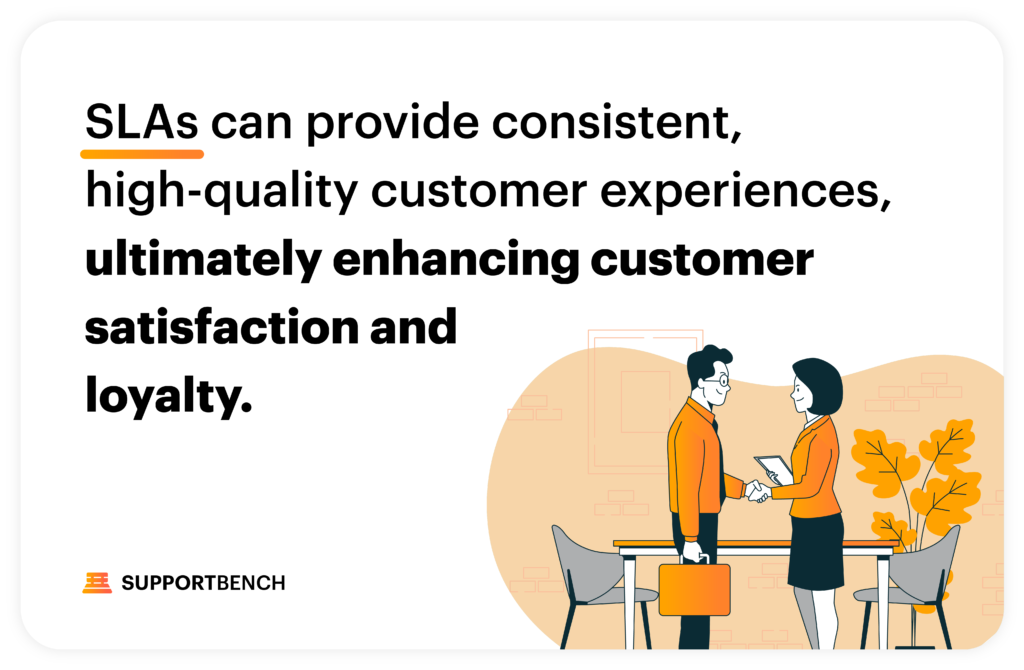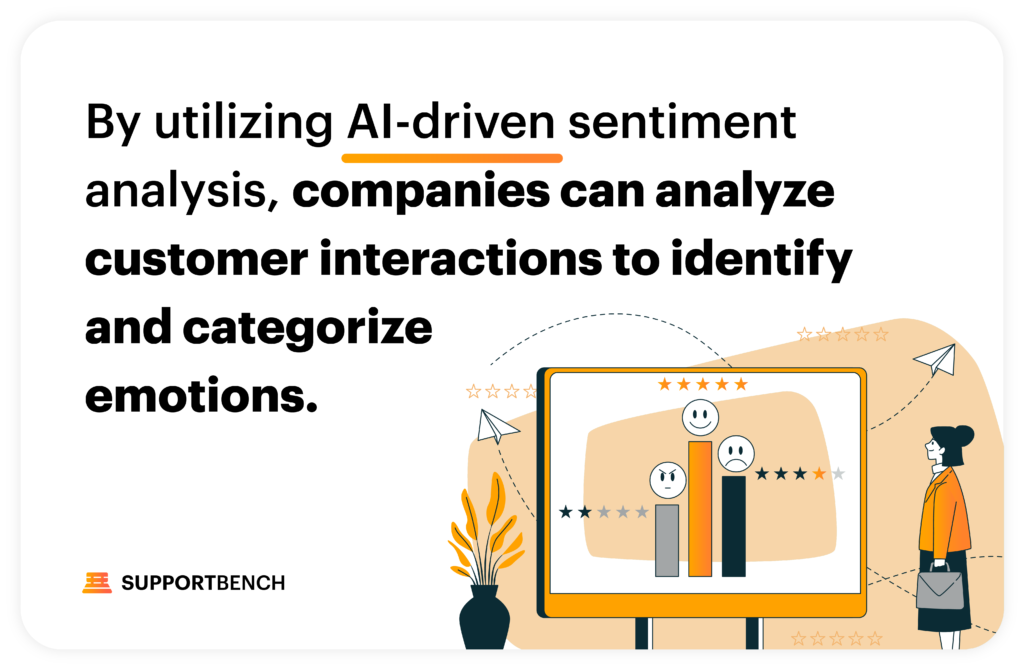In a world where customer experience drives business growth, managing and optimizing customer support has become a crucial task. When done right, it has the potential to catapult your brand to new heights of success. But the question is, how can businesses achieve this? The answer lies in adopting advanced administration features that provide a seamless, data-driven, and scalable customer support infrastructure.
Dynamic Service Level Agreements (SLAs)

To provide exceptional customer experiences, businesses must meet or exceed their service expectations. This is where dynamic SLAs come into play. Unlike static SLAs that offer a one-size-fits-all solution, dynamic SLAs can adapt to the varying circumstances of individual cases.
For instance, consider a customer with an upcoming contract renewal. Utilizing a dynamic SLA would allow businesses to expedite the resolution process for the renewal, ensuring the customer feels valued and heard.
However, implementing dynamic SLAs requires sophisticated technology. You need a system that’s flexible and intuitive, capable of automatically tailoring SLAs based on the specifics of each case. By integrating such a system, businesses can provide consistent, high-quality customer experiences, ultimately enhancing customer satisfaction and loyalty.
Knowledge-Centered Service (KCS)
Knowledge-Centered Service (KCS) is a methodology designed to integrate knowledge creation and maintenance into the problem-solving process. It’s a critical trend that’s reshaping customer support, enabling teams to resolve issues faster and more efficiently.
KCS allows agents to document their interactions and solutions, creating a rich knowledge base for future reference. This growing repository can be a game-changer, offering valuable insights and providing solutions to recurring problems. KCS also promotes self-service, empowering customers to find answers to their queries independently, thus reducing the burden on support teams.
Take the case of Supportbench. It integrates KCS into its platform, enabling customer support teams to create a rich, comprehensive knowledge base that grows with each interaction.
Advanced Sentiment Analysis

Understanding customer sentiments is vital in offering personalized and empathetic customer support. AI-powered sentiment analysis is a trend that’s gaining momentum, helping businesses decode their customer’s emotions and gauge their satisfaction levels.
By utilizing AI-driven sentiment analysis, companies can analyze customer interactions to identify and categorize emotions. This data can then inform the strategies employed by customer support teams, enabling them to offer a more personalized and empathetic approach to customer care.
Scalable Customer Support Infrastructure
As businesses grow, so does the complexity of their customer support needs. A scalable customer support infrastructure is vital to manage this increasing demand. A robust and scalable solution should allow businesses to add or modify features, manage multiple email addresses, and adapt security protocols based on specific roles.
A stellar example of this is the Supportbench platform. It’s designed to reduce dependency on IT teams, providing a customizable and scalable solution that grows with your business. The platform offers an intuitive dashboard and a fully customizable customer portal, enabling customer support teams to manage their growing requirements autonomously.
AI-Powered Support Systems

AI is revolutionizing customer support. From AI-driven summaries and automatic knowledge base article creation to chatbots and emotion scoring, AI-powered support systems are taking customer service to the next level.
The use of AI allows for a more efficient and streamlined support process, freeing up agents to focus on more complex tasks. An AI-powered system can also provide predictive insights, enabling proactive customer support, and improving overall customer satisfaction.
A leading-edge system like Supportbench seamlessly integrates AI technologies. It features an AI bot built with ChatGPT technology, capable of handling QA and FAQ questions, thus increasing efficiency and reducing response times.
Data-Driven Optimization and Decision Making
The modern business landscape necessitates data-driven decision-making. It’s no longer sufficient to rely on intuition or outdated statistics. Companies need to harness the power of data to optimize their customer support operations and drive their business forward.
By leveraging customer data, businesses can gain insights into customer behavior, preferences, and pain points. This information can be used to tailor customer experiences, improve support processes, and even guide business strategies.
Supportbench exemplifies this trend with its focus on data-driven optimization. The platform provides easy-to-use, customizable dashboards, KPI scorecards, and 360-degree customer overviews, giving businesses the tools they need to make informed decisions.
Customer Health Scoring
Customer health scoring is a way to measure the overall health of a customer relationship. By using customer interactions and experiences, companies can score customers’ health and predict their future behavior, including the likelihood of churn.
Customer health scoring can help businesses identify at-risk customers, prioritize support efforts, and tailor their customer engagement strategies. By proactively addressing potential issues, companies can improve customer retention and drive growth.
Supportbench incorporates customer health scoring into its platform, providing businesses with a holistic view of their customer relationships. This feature can enable customer support teams to provide personalized, proactive support, fostering stronger, healthier customer relationships.
Summing it up
Adopting advanced administration features is no longer a luxury but a necessity in the current customer-centric business landscape. These trends, driven by technological advancements, are revolutionizing customer support, helping businesses deliver seamless, personalized, and efficient customer experiences. While the journey might seem challenging, platforms like Supportbench are enabling businesses to adopt these trends effortlessly, setting them on the path to customer support excellence.












